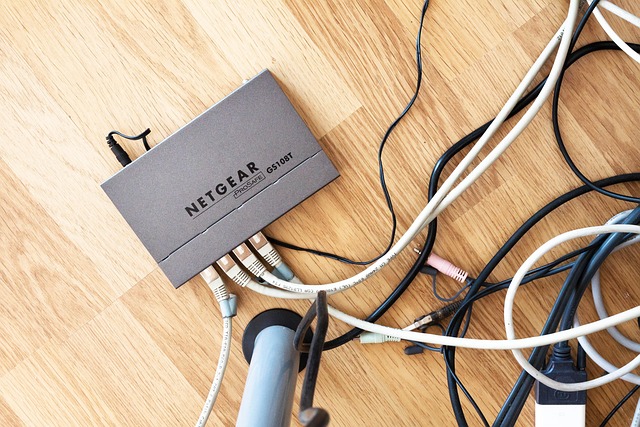Tech-integrated real estate is gaining popularity as tenants demand modern amenities like high-speed internet, smart home systems, and collaborative workspaces. Developers are incorporating these features to enhance security, energy efficiency, and common area functionality while appealing to Digital Natives. Landlords integrating smart technologies and design innovations stay competitive, attract tech-savvy tenants, and increase property value in today's digital landscape.
In today’s digital age, tenants are increasingly seeking modern, tech-friendly environments that cater to their digital needs. This shift is driving significant changes in the real estate landscape. Understanding tenant preferences for tech-driven spaces has become crucial for landlords and investors alike. This article explores current trends in real estate, focusing on modern amenities tailored to digital natives, while offering a comprehensive guide to creating future-proof work environments that satisfy today’s tech-savvy tenants.
Understanding Tenant Preferences for Tech-Driven Spaces

In today’s digital age, tenants are increasingly demanding modern and tech-friendly environments in their living or working spaces. This shift can largely be attributed to the integration of technology into daily life, with many individuals expecting seamless connectivity and smart amenities. Real Estate professionals must thus stay attuned to these preferences, focusing on providing high-speed internet access, robust Wi-Fi networks, and smart home automation systems. Such tech-driven features not only enhance convenience but also boost property appeal and tenant satisfaction.
Understanding and catering to these preferences is a game-changer in the real estate market. Tenants seek environments that facilitate productivity and offer innovative solutions for everyday tasks. By incorporating advanced technology, landlords can create spaces that attract and retain tenants, fostering a sense of belonging and modern lifestyle among occupants. This trend underscores the growing importance of tech-integrated properties in meeting the evolving needs of today’s residents and workers.
Real Estate Trends: Modern Amenities for Digital Natives

In today’s digital era, real estate trends are shifting to cater to the evolving needs of tenants who embrace technology and seek modern, tech-friendly environments. Digital Natives, born into a world dominated by digital technologies, have specific expectations when it comes to their living spaces. They crave amenities that enhance their online experiences, such as high-speed internet connectivity throughout the property, smart home automation systems, and collaborative work spaces designed for remote workers.
Real estate developers are responding by incorporating these modern amenities into their designs. For instance, buildings are now equipped with advanced security systems, automated parking solutions, and energy-efficient technologies to appeal to tech-savvy tenants. Moreover, shared common areas are being transformed into hybrid workspaces and entertainment hubs, blending physical and virtual experiences. These trends not only cater to the preferences of Digital Natives but also contribute to a more sustainable and efficient urban environment.
Creating Future-Proof Work Environments: A Guide for Landlords

In today’s digital era, tenants are increasingly seeking modern, tech-friendly environments that cater to their need for flexibility and connectivity. To meet this demand, landlords in real estate must future-proof their properties by integrating smart technologies and design innovations. This involves upgrading infrastructure like internet connectivity and installing IoT devices that enhance security, comfort, and efficiency. For instance, implementing smart home systems allows tenants to control lighting, temperature, and security remotely, thereby improving convenience and energy conservation.
Creating such work environments not only attracts tech-savvy tenants but also enhances property value. Landlords can explore options like high-speed internet infrastructure, dedicated co-working spaces, and collaborative online platforms that facilitate remote work. By staying ahead of technological trends, landlords can ensure their properties remain desirable and competitive in the real estate market, fostering a vibrant and productive community for current and future tenants.






